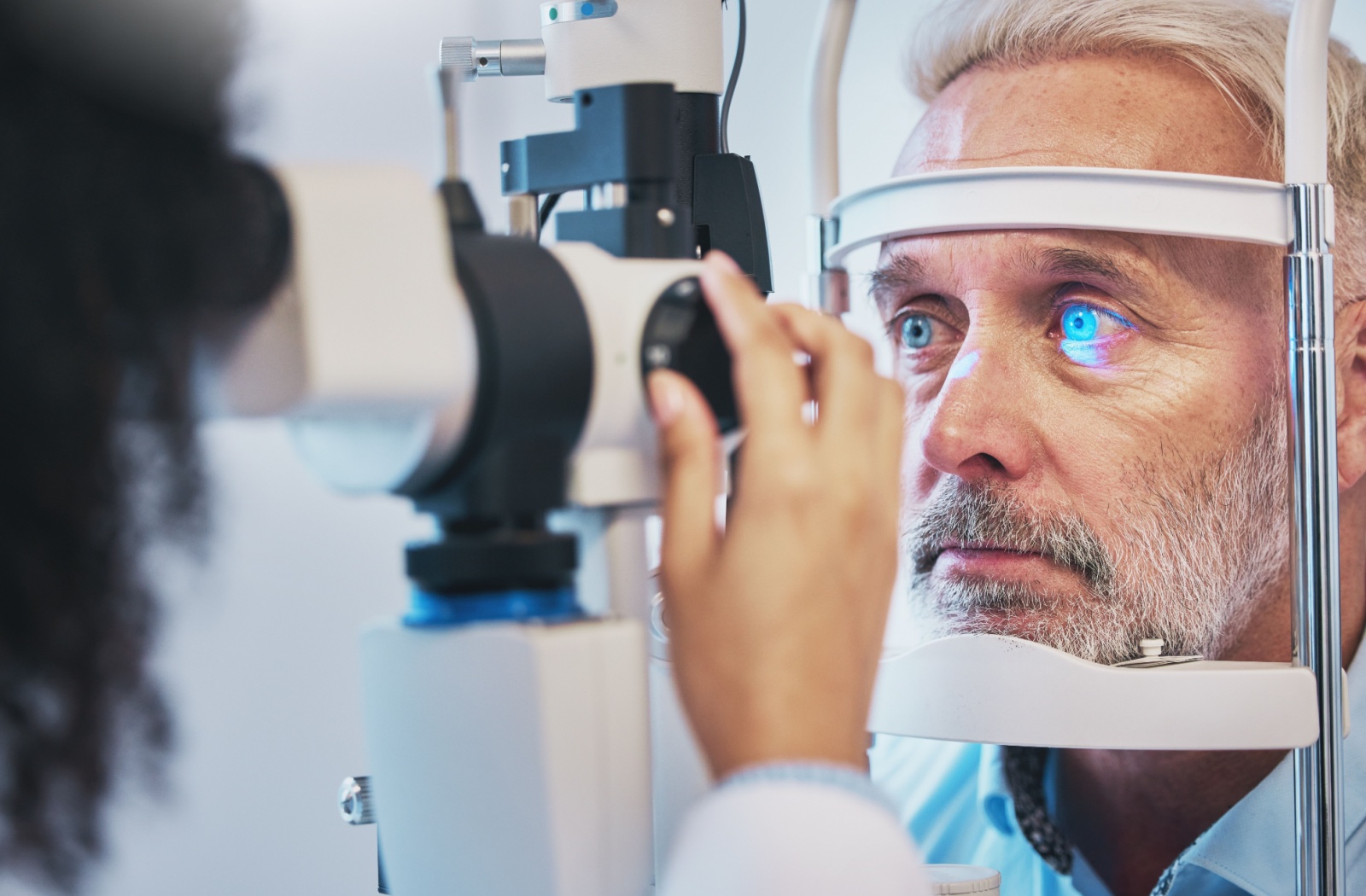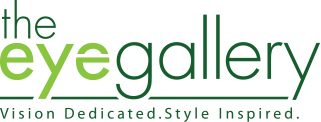For many people, the decision to wear glasses often comes with a mix of curiosity and concern. A common question that comes up is whether wearing glasses can actually improve eyesight.
Glasses correct vision by helping to focus light properly on the retina, but they do not change the physical condition of the eye. They can improve clarity and comfort while worn, but once removed, your vision returns to its uncorrected state.
Nearsightedness (myopia) and farsightedness (hyperopia) have no cure, but they can be managed with glasses or contact lenses. There are also ways to slow down the progression of myopia in children.
The Role of Glasses in Vision Correction
Glasses are designed to correct refractive errors such as nearsightedness, farsightedness, and astigmatism. Eyeglasses work by bending the light rays entering the eyes, allowing light to focus correctly on the retina, the light-sensitive tissue at the back of the eye.
Bending the light helps provide clear vision but does not cure the underlying condition causing the refractive error.
Do Glasses Improve Eyesight?
In the context of our day-to-day lives, glasses can enhance visual clarity and comfort. However, they do not “improve” eyesight in the sense of permanently changing the eye’s physical condition. Glasses are corrective aids, much like crutches support walking without altering one’s legs permanently.
While glasses don’t change the eyes’ structure, they play an essential role in maintaining eye health. Straining to see without appropriate correction can lead to headaches, eye fatigue, and even worse vision over time. Wearing the correct prescription glasses can prevent these issues and contribute to overall eye well-being.
Myopia Management
Myopia, also known as nearsightedness, is becoming increasingly common among children. It causes distant objects to appear blurry while close objects remain clear. Traditional glasses correct the blurred vision associated with myopia but do not address its progression. However, there are several ways to manage the progression of myopia.
Orthokeratology (Ortho-K)
Ortho-K lenses are specialized contact lenses worn overnight that temporarily reshape the cornea. By flattening the cornea while sleeping, these lenses ensure light is focused correctly on the retina during the day, providing clear, glasses-free vision.
Although the effects are temporary and will revert if the lenses are not used, evidence suggests that Ortho-K can slow myopia progression.
Low-Dose Atropine Drops
Another method gaining traction in myopia management is the use of low-dose atropine drops. Studies have shown that nightly use of these drops can slow the progression of myopia in children. This treatment is particularly effective when combined with other corrective measures like Ortho-K lenses or traditional glasses.
Soft Multifocal Contact Lenses
Enhancing central vision and blurring peripheral vision, soft multifocal contact lenses help slow myopia progression.
Other Benefits of Wearing Glasses
While myopia management is a significant focus, glasses also provide several other benefits that contribute to overall eye health:
- Protection from Harmful UV Rays: Many prescription glasses come with UV protection, shielding eyes from the harmful effects of ultraviolet rays.
- Enhanced Focus and Performance: Clear vision can support academic performance and daily activities. Glasses help children see the board, read textbooks, and participate fully in class.

The Importance of Regular Eye Exams
As the new school year starts, scheduling an eye exam for your child is important for their success. Children’s eyes are constantly changing, and regular visits to the optometrist can help detect and address vision issues early.
Regular eye exams are also essential for adults. Routine checkups play a role in maintaining overall eye health and detecting early signs of various conditions. Eye exams can identify eye diseases such as glaucoma, cataracts, and macular degeneration at an early stage when they are most treatable.
Additionally, eye exams can reveal indicators of systemic health issues like diabetes, hypertension, and high cholesterol, which often show symptoms in the eyes.
How Glasses Improve Eyesight for the Whole Family
Wearing glasses plays a crucial role in correcting vision. They also often offer UV protection and promote eye health. But managing the progression of myopia may involve other steps. With tools like Ortho-K lenses and low-dose atropine drops, we can help slow myopia progression in children.
If you or your child is experiencing vision problems, consult with our team at The Eye Gallery to determine the best course of action for your specific needs. Glasses and myopia control can be a vital part of maintaining your eye health and vision. Book your appointment today to see how we can help.




